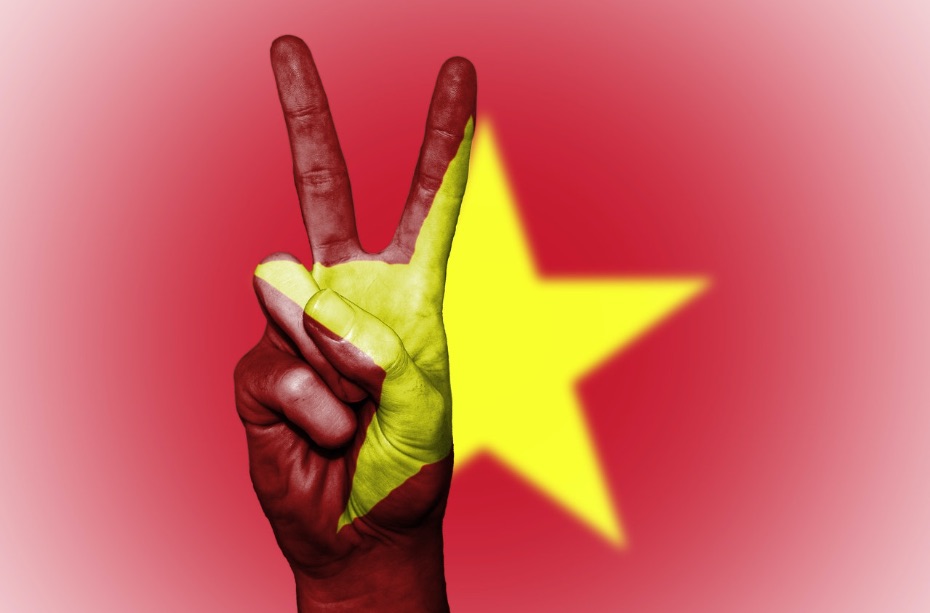High profile transactions over the past 12 months underscore the attractiveness of the Southeast Asian nation for private capital

By Belmont NewsBeat
A year ago, private equity (PE) firm Warburg Pincus make Vietnam’s largest-ever private equity investment, buying a US$370 million stake in Technological and Commercial Joint Stock Bank — or Techcombank — ahead of its listing on the stock exchange in Ho Chi Minh City in June. The deal was part of the firm’s US$1 billion commitment to invest in Vietnamese companies.
The nation’s attractiveness to Western capital is part of a wider trend of overseas firms targeting Asian businesses. In 2017, PE investment topped US$158 billion across Asia, with US$23.5 billion taking place within Southeast Asia, according research consultancy Preqin.
PE firms are particularly bullish on Vietnam, and below are five reasons why:
1. Ongoing state commitment to reforms and privatisation
Like other Southeast Asian nations, Vietnam was hit hard during the Asian financial crisis more than 20 years ago. Since then, the Government of Vietnam has continued to roll out reforms aimed at ensuring financial stability while increasing private participation in the national economy. Privatisation of state-owned enterprises (SOEs) has been key to unleashing the potential of the Vietnamese economy: private owners ensure that businesses are run profitably, rather than being bailed out annually by central government funds. According to Vietnam’s Ministry of Finance, there were more than 1,500 SOEs in 2010; in 2016, there were 583 such companies; and by 2020, there will be just 120.
2. IPOs growing in size and number
The number of listed companies in Vietnam grew from just two in 2000 to 686 by 2016. The nation also houses two stock exchanges, one in Ho Chi Minh City and another in Hanoi. The Government of Vietnam sees its capital market as a means to not only attract domestic and overseas capital, but also as a means for institutional investors to help grow the savings of the nation’s growing middle class. As with most markets, IPOs are a means of PE firms getting their long-awaited returns. Vietnamese prime minister Nguyen Xuan Phuc frequently pitches IPOs at various business conferences around the world, describing them as “opportunities for private and foreign investors to hold shares in Vietnamese enterprises,” according to Nikkei Asian Review.
3. Imported expertise is driving firm profitability
While Vietnam boasts a vibrant economy with a population that is becoming increasingly literate, many public-sector and private company leaders lack the necessary experience, knowledge and skills needed to manage a present-day business, says EY. PE firms commonly possess these attributes among its workforce and leadership. Therefore, overseas firms can introduce systems and processes that make their acquisitions more efficient, productive and profitable. Local PE firms have also been working to introduce Western-style business principles and attitudes into the country by bringing in executives from overseas to serve on company boards.
4. Access to neighbouring AEC markets
This January, the ASEAN Economic Community annulled almost all tariffs and trading restrictions within the bloc. An important component of this move is the ability for capital to flow unhinged among the 10 different markets. With M&A a core vehicle to facilitate cross-border capital flows, such deals will be easier to structure and facilitate. Furthermore, more inter-ASEAN trade will lead to greater revenues for manufacturers like Vietnam, which are already steeling business from neighbouring powerhouses like China and Taiwan.
5. Opportunities dwindling elsewhere
During 2017, PE investments in Asia eclipsed those in Europe, according to Preqin. The research firm cites high valuations and a lack of robust growth as core impediments to PE activity in the West, and tips private capital to continue its growth journey in Asia over the next decade and beyond. Vietnam will remain a core market for PE in Asia, the firm says.
